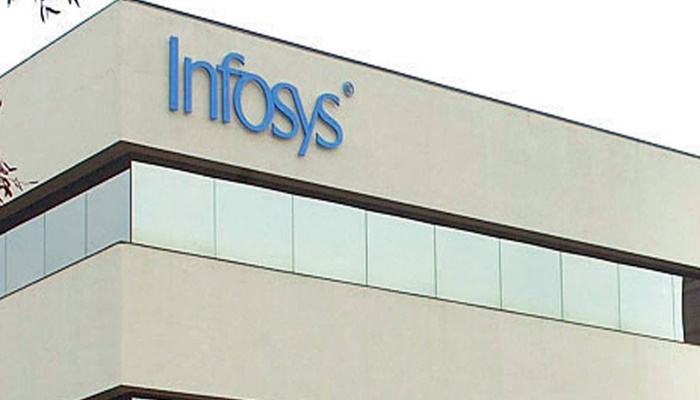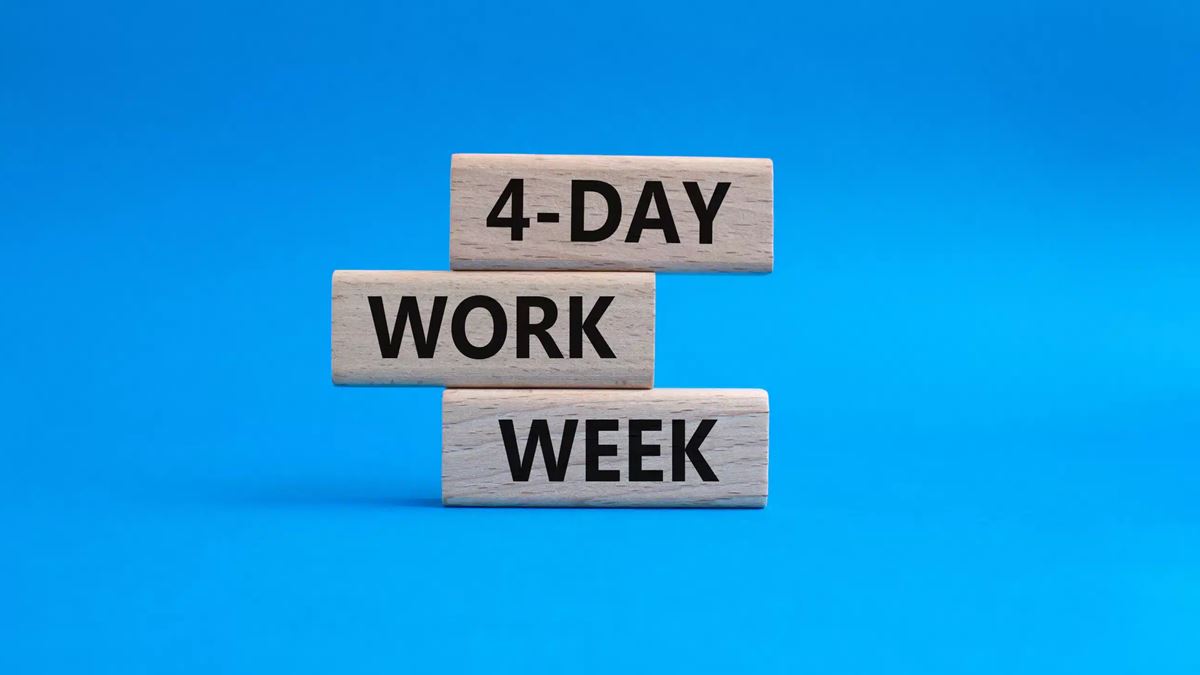Tips for getting promoted at job: In an era where artificial intelligence is reshaping the tech landscape and pushing employees to redefine their roles, one Microsoft engineer has cracked the code for fast-tracking her career and it didn’t involve just writing better code.
The Hard Lesson a Microsoft Engineer Learned in Year One
When Ritvika Nagula joined Microsoft Azure in April 2019 as a new college graduate, she believed one thing that consistently doing good work would naturally lead to promotions, as per a Business Insider report.
She shared that, “I guess I was pretty nice. I did not know that I should be proactive about communicating my career aspirations with my manager,” as quoted in the report. Nagula pointed out that, “I just thought that if I consistently delivered good quality work, it would eventually naturally lead to promotions,” as quoted in the Business Insider report.
Nagula, who is now a senior software engineer at Microsoft Azure, said that she realised that her initial approach was passive, which can lead to a disconnect between the manager or the leadership and the employee, making them think that the employee is not necessarily career ambitious, according to the report.
However, she quickly learned that being quiet about her ambitions could be mistaken for a lack of ambition altogether, saying, “That’s something I kind of missed during my first year. Since then, I have gotten four promotions in five years,” as quoted by Business Insider.
That first year taught her a lesson that promotions don’t just happen. She understood that employees have to ask for feedback, make their goals visible, and actively shape their own path to grow in the company, according to the report.
Nagula’s approach became methodical as she then started scheduling biweekly one-on-ones with her manager and made sure that at least once a month, the conversation turned to her growth, as per the Business Insider report.
Asking the Right Questions to Stay on Track
She shared that, “I try to make sure that once a month I bring up this topic and ask: What do you think is going good? Do you think I could do something better? Is there anything that I might be overlooking and would you suggest I improve on?,” as quoted in the Business Insider report.
Setting Clear Timelines for Each Promotion
The senior software engineer also started to give herself personal deadlines, aiming to move up a level every 18 months to 24 months, according to the report. She studied Microsoft’s internal ‘role library’, a tool that outlines what’s expected at each level, and used that to measure her progress, as per the report.
The Power of Knowing What the Next Level Looks Like
Nagula explained that the first thing an employee needs to understand is their expectations, as she said, “what your manager, the team, and the company expect of a person at your current level and what they expect of a person at the next level,” adding, “Then, you need to ask what the gap is between the two and how you can close that gap,” as quoted in the Business Insider report.
She highlighted that self-awareness, or trying to be aware that “this is what is expected of me,” is very crucial, according to the report. Nagula advised asking these questions to improve, “Am I hitting all of these checklist items? Am I missing something? Is there something that I don’t know that I should know?,” as quoted in the Business Insider report.
Nagula suggested talking to peers, having work mentors, and talking to one’s manager “can help you progress in this area when you try to figure out what you’re lacking and what you need to do better,” as quoted in the report.
Asking for Opportunities, Not Waiting for Them
When she realised that getting to a senior level meant leading a project end-to-end, from design to rollout, she didn’t wait for the opportunity to appear, she asked for it, according to the report.
Nagula shared her approach, saying, “That was something I identified I needed and would have frequent conversations with my manager to put it out there to him. I’d say: If you are targeting my next promotion, I believe this is what I need to do. So how can we identify opportunities for such projects?” as quoted by Business Insider.
She pointed out that her method gave her manager the impression that, “Yes, she looks to be ready and she’s interested in doing more and delivering more than what she’s actually doing right now,” as quoted in the report.
This way, whenever there was a new feature or opportunity, her manager would remember, “Hey, I have this one person who mentioned that she would be interested in picking up something like this,” as quoted in the Business Insider report.
Owning Your Path in a Changing Tech World
Nagula also highlighted that, “Getting promoted is not just doing the work that you’ve been asked to do; it’s also taking ownership, taking control, and trying to find these opportunities for yourself,” as quoted in the report. She emphasised that, “It’s also not just about what work you are doing; sometimes, it also matters how high the impact of that work is, and it has to align with your team’s goals and the company’s goals,” as quoted by Business Insider.




















